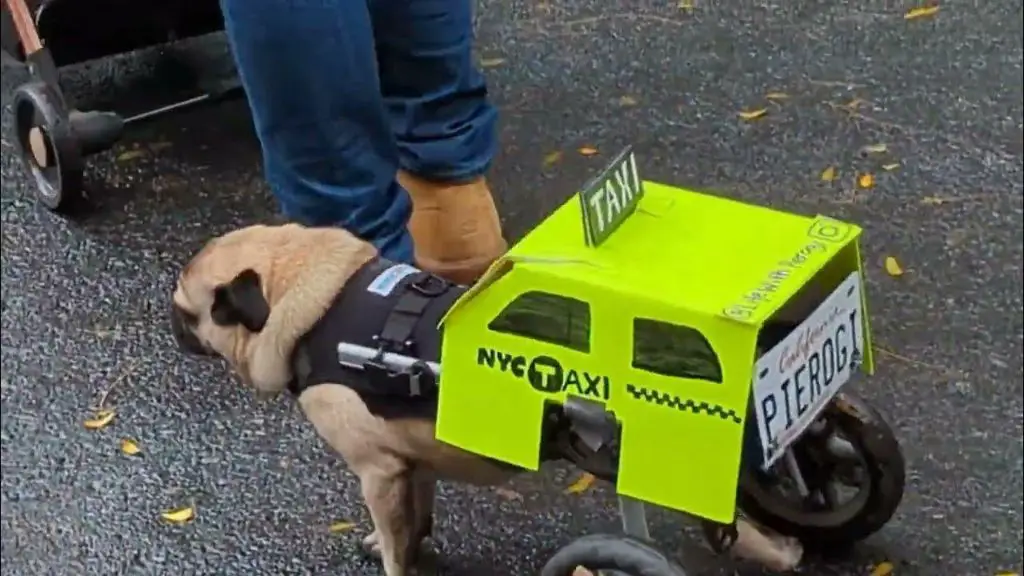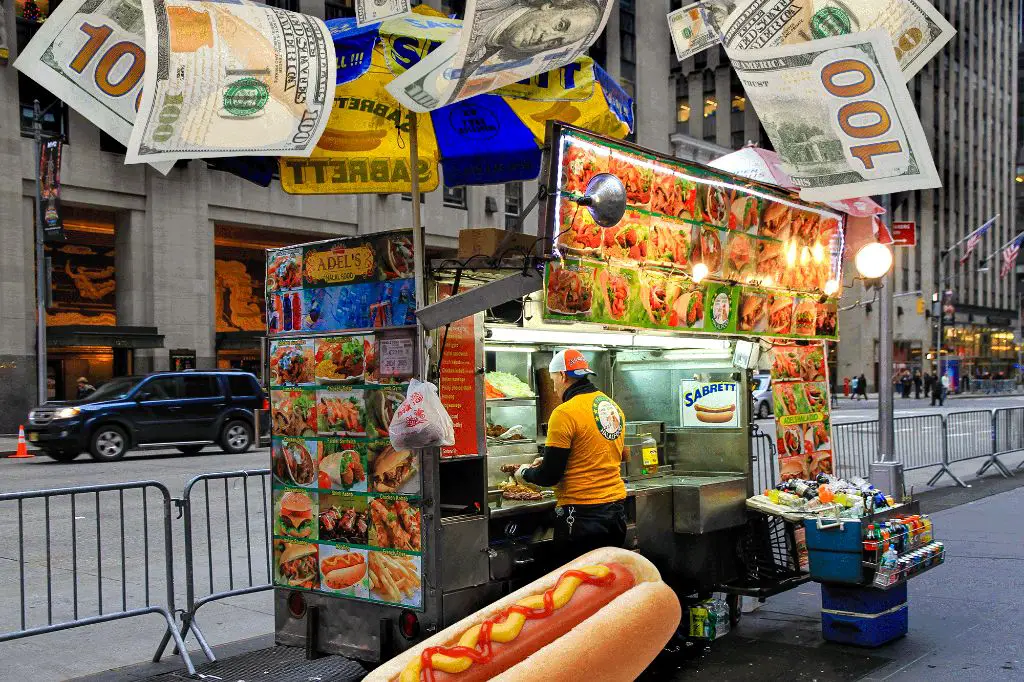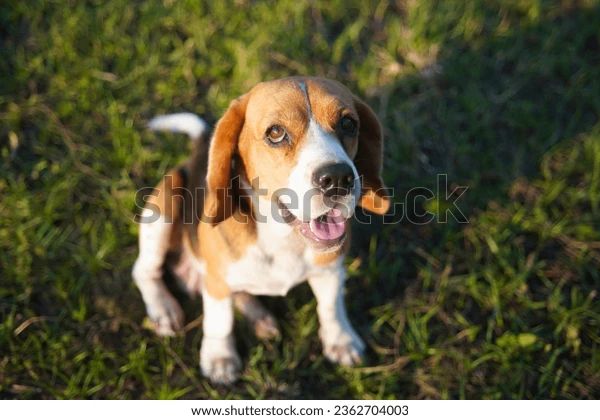Introduction
This article provides an overview of the key regulations for dog kennels in New York State. Dog kennels, including boarding kennels, breeding kennels, grooming facilities, and pet shops, are required to follow strict standards for housing, care, and record keeping in order to protect animal welfare. Proper licensing and oversight of kennel operations is important in a dense, urban state like New York where many residents own dogs as pets.
Dog kennel regulations in New York ensure that facilities are sanitary, dogs are properly housed and cared for, and consumer protection standards are met. Adherence to these regulations prevents mistreatment of animals and protects public health. Well-run, licensed kennels also support local economies through services like boarding, grooming, training, and pet sales.
This guide will outline the main categories of dog kennel regulations in New York State, including licensing requirements, housing and care rules, record keeping and inspection policies, and enforcement. Understanding the regulatory landscape is important for new and existing kennel operators as well as policymakers and pet owners across the state.
Definition of a Kennel in New York
In New York state, a kennel is defined as any establishment where dogs or cats are kept for the purpose of breeding, boarding, training, or sale. According to the state’s Agriculture and Markets Law Section 401, a kennel is considered any place where more than 9 dogs or cats over 4 months old are housed (Source). This applies to both commercial and non-commercial facilities.
Kennels in New York must be licensed by the state Department of Agriculture and Markets if they meet certain criteria. Any facility boarding, breeding, training or selling 25 or more dogs/cats per year requires a kennel license. In addition, non-profit shelters housing 10 or more dogs/cats and all pet shops must be licensed. The annual kennel license fee ranges from $50 to $300 depending on the number of animals housed.
There are separate regulations for boarding kennels/pet shops and breeding kennels. Boarding kennels are those that provide short-term care for a fee, while breeding kennels are involved in whelping or selling dogs/cats. Specific requirements for these types of kennels are outlined later in this article.
Kennel Housing Requirements
In New York, kennels must meet certain minimum standards for housing dogs. According to the Pet Dealer Licensing Program Guidelines from the New York State Department of Agriculture and Markets, kennel enclosures must allow dogs to stand normally to their full height, turn around, and lie down in a natural position. Specific minimum enclosure sizes are provided based on the dog’s size:
- Dogs up to 20 lbs – 6 sq ft
- Dogs 21-35 lbs – 8 sq ft
- Dogs 36-50 lbs – 12 sq ft
- Dogs 51-100 lbs – 18 sq ft
- Dogs over 100 lbs – 24 sq ft

For dogs kept primarily in cages or crates, they must be removed for exercise regularly. Puppies under 16 weeks old may not be housed in enclosures with wire flooring.
Temperature and ventilation standards require that indoor housing areas be sufficiently heated and cooled to protect dogs from temperature extremes. The ambient temperature must not fall below 45°F or rise above 85°F. Kennels must have adequate ventilation to provide for dogs’ health and prevent odors.
Kennels must be kept in a clean and sanitary condition. Excreta must be removed from primary enclosures at least daily. All dogs must be provided with adequate, clean bedding material. Primary enclosures must be sanitized at least once every two weeks using live steam, washing with soap/detergent and at least 180°F water, or washing with soap/detergent and water followed by safe and effective disinfectant.
For complete kennel housing regulations, see the Pet Dealer Licensing Program Guidelines from the New York State Department of Agriculture and Markets.
Kennel Operation Standards
According to the New York Senate (https://www.nysenate.gov/legislation/laws/AGM/401) NY state dog kennels must abide by certain standards regarding the care and welfare of the dogs under their charge. These standards cover exercise, feeding, veterinary care, and staff training.
Exercise – Dogs must be allowed outside their kennel at least twice a day for at least 20 minutes each time. The exercise area must allow ample room for dogs to run. Only compatible dogs may exercise together.
Feeding – Adult dogs must be fed at least once a day. Puppies under 6 months old must be fed at least twice a day. Food and water containers must be cleaned daily.
Veterinary Care – A veterinarian must examine each dog upon arrival at the kennel. Sick or injured animals must receive prompt veterinary care. Certain medical records must be maintained.
Staff Training – Kennel staff must be adequately trained in dog handling and care. At least one staff member certified in pet first aid and CPR must be present when dogs are boarded overnight.
Record Keeping and Inspections
Kennels in New York are required to maintain certain records under the state’s dog facility regulations.
Kennels must keep records of each dog on the premises, including the dog’s name, sex, breed, color, markings, microchip number or tattoo, rabies vaccination information, and owner’s name, address and phone number. Records must also include documentation of veterinary care, immunizations, medications administered, and any illnesses or injuries.
In addition, kennels must maintain a log documenting daily observations of each animal, noting any signs of injury, disease, or abnormal behavior. Records must be retained for at least 2 years.
The New York State Department of Agriculture and Markets conducts routine inspections of licensed kennels in the state. Inspections evaluate the overall care and housing conditions of dogs, cleanliness of facilities, and compliance with regulations. Kennels are subject to unannounced inspections at least once per year, with additional follow-up inspections as needed for facilities not in full compliance.
Inspection reports containing any violations or deficiencies must be posted publicly on the premises for at least 7 days. Kennels that fail to correct violations may face fines, have their license revoked, or potentially be subject to criminal charges for continued noncompliance.
Sources:

https://portal.311.nyc.gov/article/?kanumber=KA-01831
https://agriculture.ny.gov/pet-dealer-search
Breeding Kennel Regulations
New York has specific regulations for dog breeding kennels beyond the general kennel licensing laws. Breeding kennels are required to obtain a pet breeder license if they sell more than 25 dogs in a year.
Some key regulations for licensed breeding kennels include:
- Limits on breeding frequency – female dogs can only produce one litter per year and cannot be bred prior to the age of 18 months.
- Veterinary care requirements – breeding dogs must receive annual vet exams, vaccinations, and prompt medical care as needed.
- Housing conditions – each breeding dog must have an enclosure with minimum dimensions based on the dog’s size. Enclosure surfaces must be impervious to moisture.
- Exercise – dogs must be let out for exercise and social interaction at least twice per day.
- Recordkeeping – breeding kennels must maintain records of breeding, litters, veterinary care, and puppy sales.
In addition to state regulations, breeding kennels must follow the federal Animal Welfare Act administered by the USDA.
Boarding Kennel Regulations
Boarding kennels in New York have additional regulations beyond the general kennel operation standards:
All boarding kennels must have at least one caretaker present at all times to supervise the animals. This caretaker must hold a certificate of completion from a New York State approved canine training course (according to NYS Open Legislation).

Dogs must be provided with daily exercise and play time appropriate for their age, breed, and physical condition. Puppies under 4 months old require at least 3 hours of daily supervised play and socialization time (according to NYC Code).
Boarding facilities may set their own policies regarding visitation hours and arrangements. However, they must provide a reasonable accommodation if the owner requests to visit their pet at a specific time.
Dogs from different households cannot be boarded together in the same primary enclosure, unless written consent is obtained from the owners.
Any incidents involving injury, escape, or death of an animal must be recorded in a ledger and reported to the owner as soon as possible (according to NYC Admin Code).
Enforcement
New York State’s dog kennel regulations are enforced by the New York Department of Agriculture and Markets (the Department). The Department is authorized to conduct inspections of all dog kennel facilities in the state to check for compliance with Article 7 of the Agriculture and Markets Laws.
If a kennel is found to be in violation of the regulations, the Department may issue fines or penalties. According to the Department’s guidance, fines can range from $50 to $1000 per violation. More serious or repeat violations can result in criminal penalties.
To report a kennel that is suspected of violating regulations, complaints can be made to the local county Society for the Prevention of Cruelty to Animals (SPCA), other humane law enforcement agencies, or local law enforcement. Complaints will be investigated and any necessary enforcement action will be taken by the Department.

Some of the more common violations that result in fines and penalties include substandard housing, lack of veterinary care, insufficient food/water, overcrowding, and unsanitary conditions. Kennel owners are subject to penalties under Article 26 of the Agriculture and Markets Law for any violations.
Exemptions
Certain kennels and breeders are exempt from New York state dog kennel regulations and licensing requirements. According to the Pet Dealer Licensing Program Guidelines, breeders who sell or offer to sell less than 25 dogs and/or cats per year that are born and raised on the breeder’s residential premises are exempt. Additionally, according to the Consolidated Dog Laws, guide dogs, hearing dogs, service dogs, war dogs, working search dogs, therapy dogs, detection dogs, police work dogs or other dogs that are trained to perform tasks that assist persons with disabilities are exempt from municipal licensing fees.
The key exemptions are for breeders selling fewer than 25 dogs per year from their residential premises, as well as service dogs and working dogs trained to assist people with disabilities. These types of operations are not subject to the standard kennel licensing and regulations in New York state.
Conclusion
The key takeaways from New York’s kennel regulations are that all kennels must be licensed and inspected, provide adequate housing and care for dogs, maintain proper records, and follow specific additional rules for breeding and boarding kennels. Adhering to these regulations is critical for ensuring the health, safety and humane treatment of dogs in commercial kennels across the state. Kennel operators who violate regulations face penalties including fines, license suspensions and criminal charges. Following the law protects dogs, allows consumers to make informed choices, and enables responsible kennel businesses to thrive. With appropriate oversight and compliance, New York’s regulations promote animal welfare while still permitting a robust commercial dog industry.
